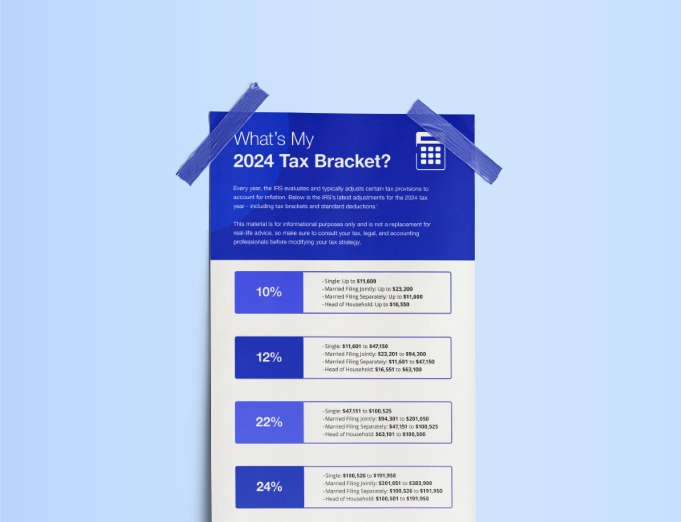Pullbacks, Corrections, and Bear Markets
When the market drops, some investors lose the perspective that downtrends and uptrends are part of the investing cycle. When stock prices break lower, it's a good time to review common terms that are used to describe the market's downward momentum.

Pullbacks.
A pullback represents the mildest form of a selloff in the markets. You might hear an investor or trader refer to a dip of 5-10% after a peak as a “pullback.”1
Corrections.
The next degree in severity is a “correction.” If a market or markets retreat 10% to 20% after a peak, you’re in correction territory. At this point, you’re likely on guard for the next tier.2
Bear Market.
In a bear market, the decline is 20% or more since the last peak.2
All of this is normal.
“Pullbacks, corrections, and bear markets are a part of the investing cycle."
When stock prices are trending lower, some investors can second-guess their risk tolerance. But periods of market volatility can be the worst times to consider portfolio decisions.
Pullbacks and corrections are relatively common and represent something that any investor may see from time to time in their financial life, often several times over the course of a decade. Bear markets are much rarer. In fact, between April 1947 and April 2022, there have only been 14 bear markets.3
A retirement strategy formed with a financial professional has market volatility factored in. As you continue your relationship with that professional, they will also be at your side to make any adjustments and help you make any necessary decisions along the way. Their goal is to help you pursue your goals.
1. TheBalanceMoney.com, 2024
2. Investopedia.com, March 24, 2024
3. Investopedia.com, December 5, 2023
The content is developed from sources believed to be providing accurate information. The information in this material is not intended as tax or legal advice. It may not be used for the purpose of avoiding any federal tax penalties. Please consult legal or tax professionals for specific information regarding your individual situation. This material was developed and produced by FMG Suite to provide information on a topic that may be of interest. FMG, LLC, is not affiliated with the named broker-dealer, state- or SEC-registered investment advisory firm. The opinions expressed and material provided are for general information, and should not be considered a solicitation for the purchase or sale of any security. Copyright FMG Suite.




